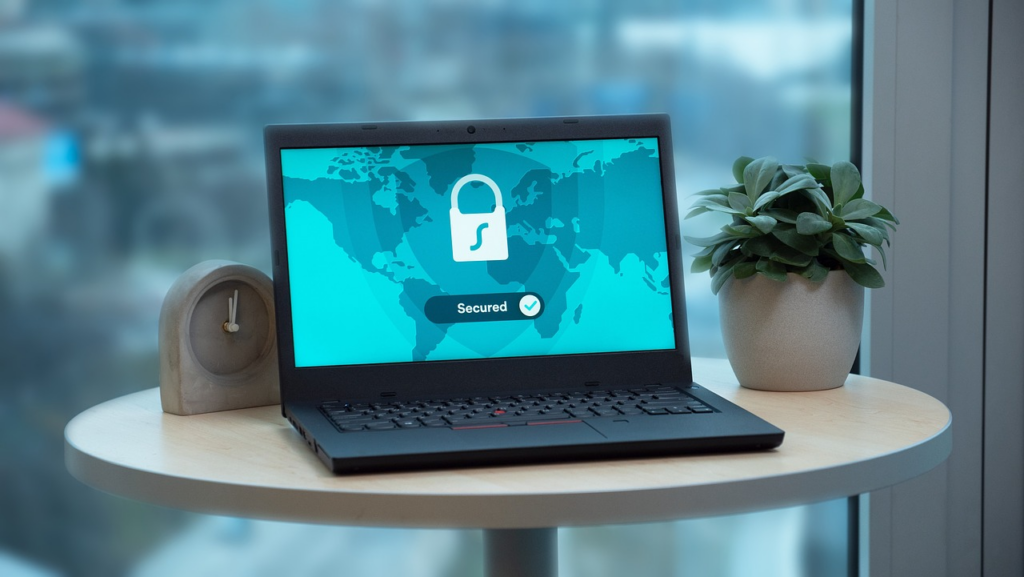Advertisement
In today's digital landscape, online privacy has emerged as one of the most pressing concerns for internet users. With the proliferation of connected devices, ubiquitous social media and ubiquitous data collection, never before has it been so crucial to protect our personal information.
The Challenges of Online Privacy
The digital revolution has brought countless advantages to our society, but it has also unleashed a series of significant challenges, with online privacy emerging as a pressing concern.
Advertisement
As we become increasingly connected, we face a reality where our personal information is often collected, shared and, in some cases, even sold without our full knowledge or consent. In this section, we'll explore the fundamental challenges that come with the digital age and take a closer look at how they impact our privacy online.
Excessive data collection
Technology companies and social networks often collect an excessive amount of data about users without their explicit consent. This data can include browsing history, geographical location, purchasing preferences and even private conversations.
Advertisement
Data Leaks
Data leaks have become a common occurrence in recent years. Large companies, from tech giants to online retailers, have experienced security breaches that have resulted in the exposure of millions of users' confidential information.
User Profiling
Data analysis algorithms are often used to create detailed profiles of users based on their online behavior. These profiles are then used for advertising targeting and even to influence political and behavioral decisions.
Lack of transparency
Many companies do not provide clear information about how their data is being used and shared. This creates a gap in trust between users and the companies that handle their data.
Solutions to Protect Your Online Privacy
In today's digitalized world, where connectivity and convenience are omnipresent, protecting online privacy has become an essential priority for all internet users. As we face the growing challenges of excessive data collection, information leaks and user profiling, there is an urgent need to adopt proactive measures to safeguard our digital privacy.
Use VPNs
A Virtual Private Network (VPN) is an effective tool for protecting your online privacy. It encrypts your internet connection and masks your IP address, making it more difficult for third parties to track your online activities.

Control your Privacy Settings
Many digital platforms offer personalized privacy options. Make sure you review and adjust your privacy settings on apps and websites to limit the amount of data being collected about you.
Use Incognito Browsing
Browsers like Tor offer anonymous browsing, which makes it difficult to track your online activities. Although it can be slower than conventional browsers, Tor offers an additional level of privacy.
Adopt Encrypted Messaging Services
Messaging apps like Signal and Telegram offer end-to-end encryption, ensuring that your conversations remain private and secure.
Keep your devices up to date
Regular software updates on your devices can fix security vulnerabilities and protect against cyber threats.
Be Cautious When Sharing Personal Information
Limit the amount of personal information you share online and be especially careful when providing information to unknown websites and applications.
Use Strong Passwords and Two-Factor Authentication
Strengthen the security of your online accounts by using unique and complex passwords, as well as enabling two-factor authentication whenever possible.
A fundamental right
Online privacy is a fundamental right that must be protected in an increasingly digitized world. When facing the challenges of excessive data collection, information leaks and user profiling, it is essential that users take proactive measures to protect their privacy.
By using tools such as VPNs, anonymous browsing and encrypted messaging services, users can strengthen their online security and maintain control over their personal information. However, it is also important that companies and legislators act to establish stricter regulations and ensure greater transparency in data use.
Only through joint efforts can we build a safer online environment and effectively protect our digital privacy.
See also: Stock Exchange: How it works, What it is, Chart
May 12th, 2024

She has a degree in Languages - Portuguese/English, and is the creator of the Escritora de Sucesso website. As a writer, she seeks to expand everyone's knowledge with relevant information on various subjects. At SoMuchToSayToday, she brings news and content ranging from entertainment to the country's economic situation.


